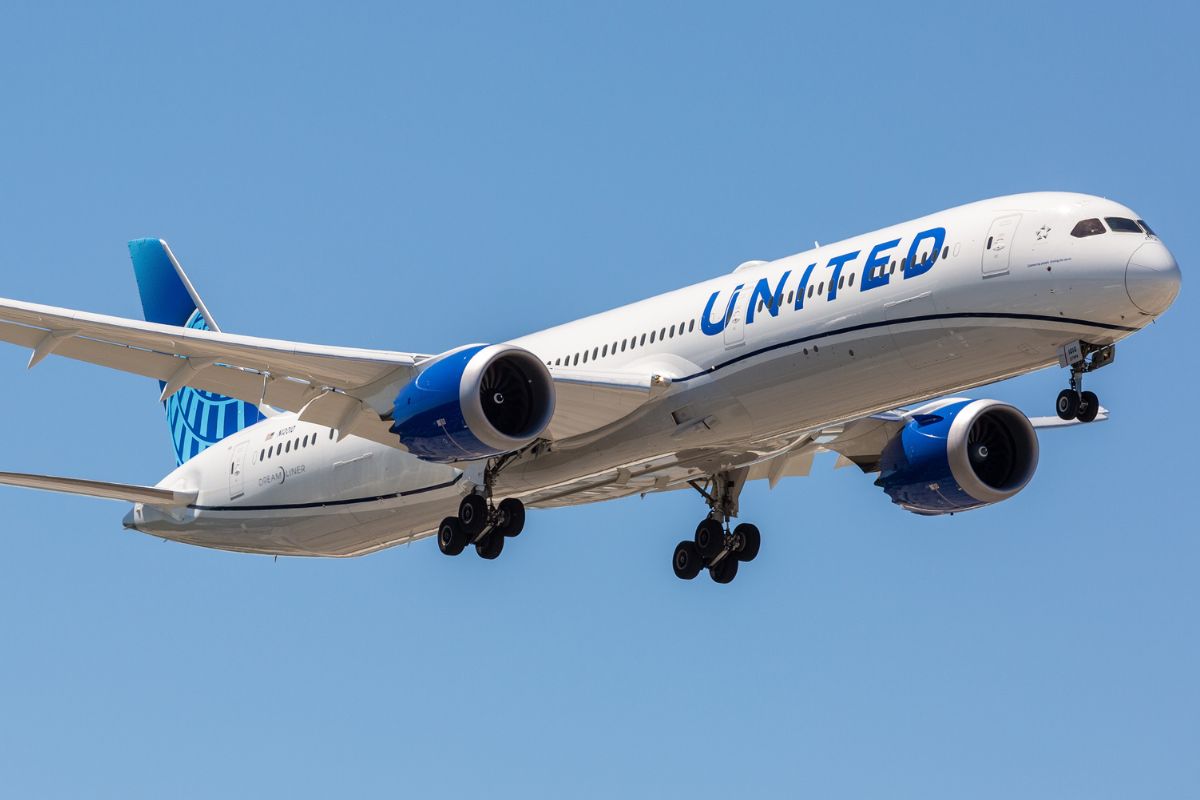
United Airlines has been forced to cancel flights between Newark and Cape Town because the South African city’s international airport is running so low on jet fuel.
Details of the emerging jet fuel crisis in Cape Town first broke last Monday when the Airports Company of South Africa admitted that a large shipment of fuel had been delayed.

At the time, a spokesperson for the airport operator reassured passengers that all scheduled flights would operate as normal, but airlines were asked to come up with contingency plans just in case fuel levels dropped to critical levels.
In an attempt to conserve what fuel there was left at the airport, airlines had been ordered to uplift as little fuel as was necessary for their journey and to consider adding in an extra refuelling stop.
The airport operator hoped these measures would be enough to keep flights operating before the shipment of jet fuel arrived. But on Saturday, ACSA admitted that bad weather had further delayed the tanker and that officials didn’t yet know when the vessel will arrive in Cape Town.
In an updated Notice to Air Missions (NOTAM), South Africa’s civil aviation regulator implored airlines to limit fuel uplifts at Cape Town International Airport (CPT) until the shipment had arrived.
The airport says it has been working closely with airlines as reports emerged that airlines operating domestic flights had been rationed to just 50 per cent of their usual fuel uplift.
A message on United’s website says its service from Newark to Cape Town had been cancelled on Sunday because the airline is “unable to fuel your plane”.
According to data provided by Flight Radar 24, British Airways has also been forced to reroute its daily service from Cape Town to London Heathrow on Sunday, but the airline says it will now operate its BA58 flight as scheduled.
Related
Mateusz Maszczynski honed his skills as an international flight attendant at the most prominent airline in the Middle East and has been flying ever since... most recently for a well known European airline. Matt is passionate about the aviation industry and has become an expert in passenger experience and human-centric stories. Always keeping an ear close to the ground, Matt's industry insights, analysis and news coverage is frequently relied upon by some of the biggest names in journalism.







